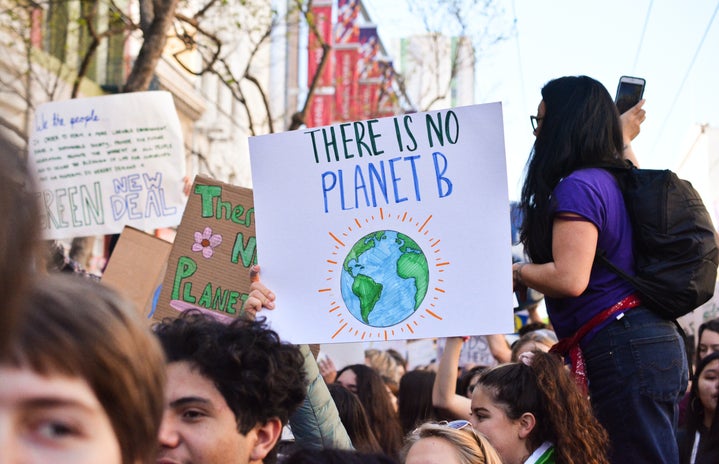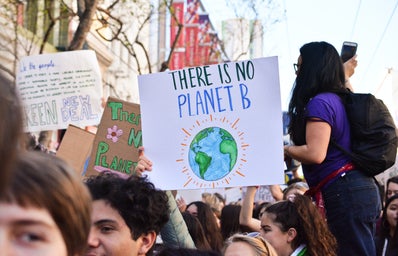Everybody talks about the current climate crisis and voices their worries about what will become of our precious environment, but does anyone actually do anything about it? It’s commonplace for humans to speak out in support of a cause but remain in the shadows, figuring someone else will take care of it. One of my favorite sayings concerning morality in this world is, “You don’t really care about something until it affects you.”
Well, it’s time to wake up. Almost every person on this planet has felt the effects of climate change whether they realize it or not. Here in New England, we had some of the hottest days ever recorded in history this summer. As I sit here and write this on October 4th, it is 82 degrees outside. This is not normal nor okay no matter how much we relish the nice weather.
But enough of the lecturing; here are a few lesser-known ways to individually save energy and lessen your personal carbon footprint other than using reusable bags or water bottles and walking instead of driving.
- Reducing Phantom Energy: Phantom energy, or standby power, is the energy that is wasted by appliances or devices that remain plugged into power sources even though they are turned off and not being actively used. Examples of such devices that you probably never think to actually unplug are coffee machines, phone chargers, lamps, toasters, and even your TV and washing machine. The energy still continues to flow because the outlet still thinks there is something that needs to be powered as it is not in a complete state of shutdown. Phantom power can account for up to 10% of a home’s total energy per month, which is a lot more than you think. Not only could you reduce these emissions by unplugging devices, but you can also save yourself money on the energy bill.
- Lessening Use of Acceleration and Brakes: Accelerating burns more fuel, so braking more often and speeding up is less fuel-efficient than maintaining an even speed when possible. Hard braking can lower fuel efficiency by up to 15 percent which can be a very substantial waste of not only gas but money. As gas prices continue to rise, it’s only in everybody’s best interest to change their driving habits by staying consistent and changing speeds gradually. The best way to do this is to use cruise control, especially on long trips or when driving mostly on the highway.
- Avoid Fast Fashion: On top of all the child labor and other immoral activities that enable cheap fashion, it is within the top five highest contributors to pollution on Earth. People are buying more clothes than ever and wearing them half as long only to throw them out to the landfills. Massive amounts of water are consumed in this industry, taking about 700 gallons to make just one cotton shirt! Microplastics from fast fashion are also a huge byproduct accounting for 35% of all microplastics released into the ocean every year. Furthermore, fast fashion is also a very energy-intensive process that requires large amounts of fossil fuels and particulate matter. I know cheap clothes are enticing and we all love fashion, but investing in sustainable fabrics is not only better for the environment, but also will last longer and save you money in the long run.
There are so many other ways to help this vital cause on your own, so consider doing some of your own research! If one person makes these changes in their lifestyle, that is one less contributor to the problem.
BEING GREEN IS COOL!


